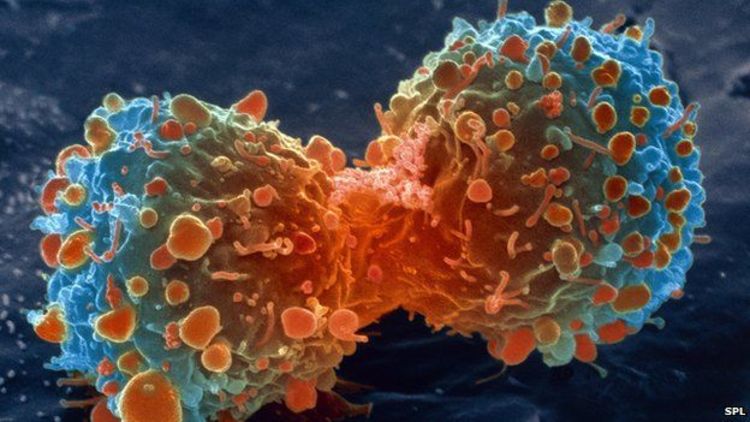
The Sunday Mail

Joanna Lee Masiku —
In the world we live in, there is hardly a family that is unaffected by cancer.
It might be a friend, a close relative or a distant relative – hence there is need to listen, read and understand when cancer is being discussed. This article seeks to demystify radiotherapy, a treatment regime widely used in the treatment of cancer, not only in Zimbabwe but across the globe.
World Health Organisation statistics show that 50 percent of all patients diagnosed with cancer require radiotherapy at some stage. It is estimated that treatment by radiation is directly responsible for at least 40 percent of those surviving beyond five years.
By 2020, 70 percent of the world’s need for radiotherapy will be in the developing world. Radiotherapy is the use of high energy X-rays, termed as ionising radiation in the treatment of malignant disease (cancer).
Radiotherapy only or in combination with other treatment like surgery, chemotherapy as well as hormone therapy, plays a pivotal role in the treatment of cancer. It has a useful role as a treatment medium to destroy microscopic disease left after surgery, or before surgery to shrink the size of the tumour, making surgery easier.
It can also be used when the cancer has advanced, to relieve pain and discomfort, for disease localised on one site, and as a preventative measure to stop certain cancers spreading to other regions of the body.
In spite of all above, radiotherapy is still viewed with suscipion, condemned by some and unfavoured by a many individuals.
There are many myths and misconceptions regarding radiotherapy and this has been shown by cancer patients who present late with advanced cancers for treatment, as most of them would have refused radiotherapy in the first instance.
Some people think radiotherapy is a slow killer and the words that are used to describe this process in local languages leave many in fear.
People talk of “kupisa gomarara” or kutshisa imvukuzane . But the terms “kupisa” and “kutshisa” need not literally mean getting burnt; these are attempts at describing the process of delivering ionising radiation to tumour cells.
The process is not painful as many people think and expect. You cannot see the ionising radiation; we are talking of X-rays that travel at the speed of light.
With radiotherapy, one just feels the effect of it: pain decreasing; bleeding stopping; the size of the tumour reducing; the ability to swallow (where a patient was unable to swallow) improving; and breathing getting easier where a patient had cardiac challenges.
Radiotherapy, like any other treatment, has potential side effects because it uses high doses of ionising radiation to destroy cancerous cells but might at the same time affect normal and healthy cells and tissues near the treatment area.
But normal tissues affected by radiation usually repair themselves, hence fractionation. Fractionation is when the radiation dose needed to destroy the cancerous cells is not given all at once but rather in fractions or phases of days or weeks, giving breaks to allow normal and healthy tissues time to repair.
Radiation side effects arise only around the area where the tumour is located. For example, people do not lose their hair from having radiation therapy.
This only happens if the radiation is aimed at a part of the body that grows hair, such as the scalp. General side effects include fatigue, skin problems like dryness, itching, change in skin colour or peeling. These usually stop a few weeks after treatment so there is no need to worry if a patient experiences this.
The reason why oncologists (doctors who specialise in cancer treatment) refer patients for radiotherapy is not for radiation therapists to inflict pain but for them to destroy cancerous cells.
Radiotherapy will remain an important and cost effective medium in the treatment of cancer, therefore, more needs to be done to educate people about cancer and radiotherapy. With early presentation, radiotherapy is very efficient in treatment of cancer.
Joanna Lee Masiku is a final-year student at the Harare School of Radiography, specialising in Therapy Radiography. Feedback: [email protected]



